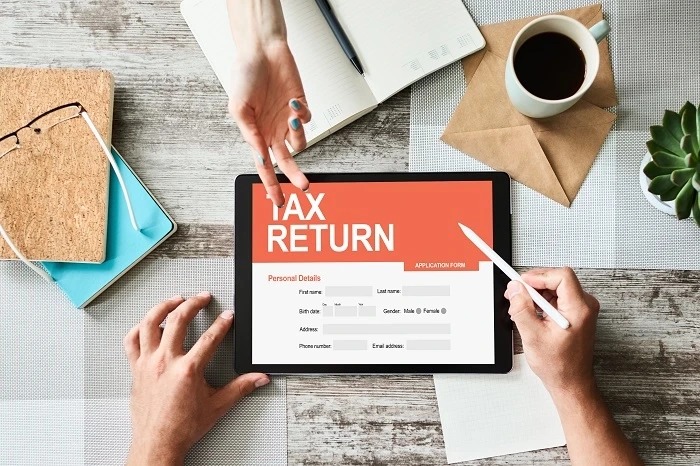Every year, thousands of taxpayers get penalized by the IRS for unfiled tax returns. Sometimes the issue arises because of the lack of taxpayer’s ability to pay the taxes or due to lack of knowledge of taxpayers. In either case, the non filing of tax returns can result in the IRS imposing harsh penalties that can potentially chase a taxpayer for years. Continuing the discussion forward, in this post, we answer most frequently asked questions around unfiled tax returns that may be of help to you. Let’s take a look.
1. What actions does the IRS take if a taxpayer doesn’t file their tax return?
You must settle IRS tax debt at the earliest, if not possible, it is suggested you apply for an IRS tax relief program. In the event of non-filing of tax returns, the IRS may take the following actions against a taxpayer.
Filing of Substitute Return
If a taxpayer fails to file a tax return, the IRS may file a substitute tax return on their behalf. In this case the taxpayer loses on the deductions and exemptions that they were otherwise entitled to. The IRS also sends a Notice of Deficiency CP3219N to the taxpayer giving them 90 days to file their past-due tax return or challenge the IRS’s move in the Tax Court. In case, the taxpayer fails to do either, the IRS goes ahead with a tax assessment.
Taking Regulatory Actions
If the taxpayer doesn’t pay the tax bill raised as per the substitute tax return filed by the IRS, the collection process is initiated. During the process, the IRS imposes liens and levies on the taxpayer’s property. The taxpayer may also face wage garnishments and criminal prosecution.
2. What benefits does one risk losing in case of unfiled tax returns?
Besides imposition of civil and criminal sanctions by the IRS for unfiled tax returns, taxpayers may be devoid of the following benefits.
Refunds and Deductions
If a taxpayer does not file their return within three years of the due date, they risk losing the outstanding refunds on their future withholdings or estimated returns.
Social Security Benefits
Self-employed taxpayers who fail to file their income tax returns may lose on their social security benefits such as credits received from Social Security Administration towards retirement or disability.
3. Can unfiled tax returns affect one’s ability to get loans?
Yes, unfiled tax returns may not only delay the process of getting a loan approval but it may also lead to rejection of loan application in some cases. That’s because most lenders avoid giving loans to taxpayers with unfiled tax returns. It is advisable that one should seek advice from an experienced IRS attorney to increase their chances of getting a loan.
Last Word
Getting into a legal battle with the IRS is the last thing you would want. So if you have any unfiled tax returns that can potentially snowball into a major issue, or if you need help with an unfiled tax returns refund or simply need help with filing unfiled tax returns then seek advice from an attorney near you. If you are in and around Dallas, consult a leading IRS attorney in Dallas. Just make sure to reach out to a seasoned attorney with substantial experience of handling unfiled tax return cases and take advantage of the free tax attorney consultations.
0


